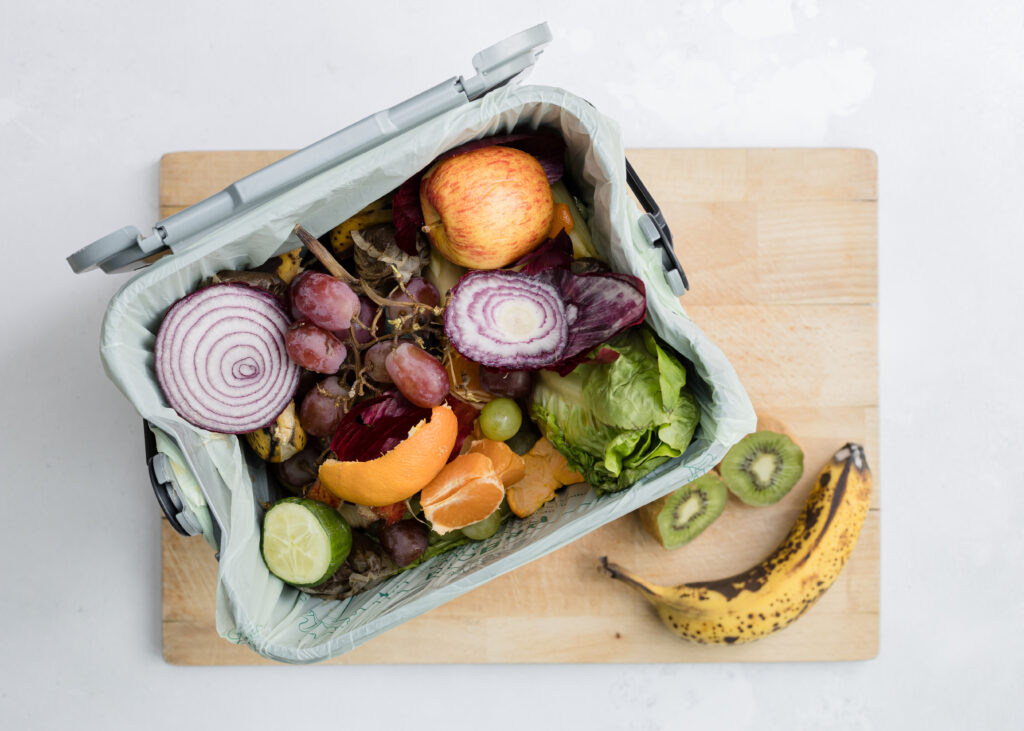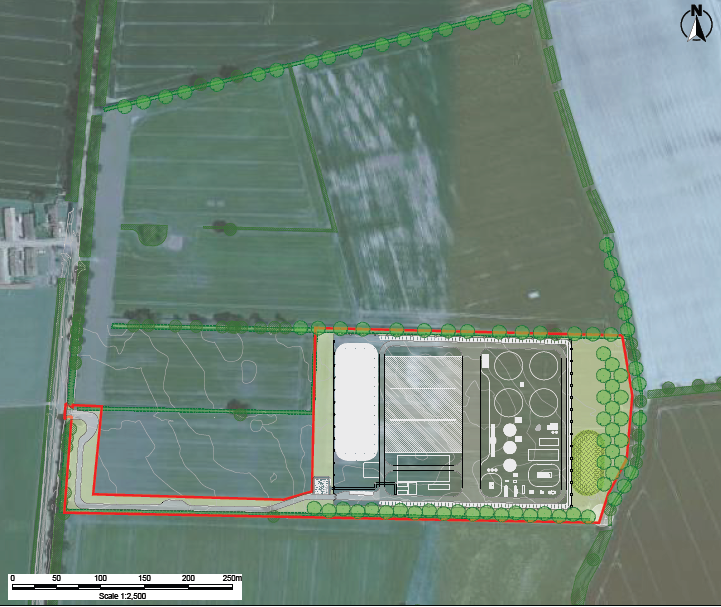However, the environmental action group warned that there is still a long way to go to meet the 2025 target of 80% of large businesses signed up. The current rate sits at 25% and sat at 22% in 2022.
Currently over 400 businesses have committed in total which includes 271 large businesses, 80 small to medium businesses (SMEs) and 52 other organisations.
WRAP noted that there is a difference between businesses that are signed up to the agreement (committed) and businesses that are keeping data and reporting it to the environmental action groups – known as businesses who are “implementing”.
Based on 2023 data, 30% of large businesses are measuring and reporting to WRAP (implementing). WRAP again noted that a significant increase is required to meet the 2025 target of 85%. The rate has not gone up since 2022 when it also sat at 30%.
WRAP highlighted some of the steps that businesses are taking to tackle food waste, including reviewing operational strategies, working with their supply chains and supporting consumers to reduce the volume they produce. This included portion guidance and removing date codes from products.
What is WRAP’s food waste roadmap?
WRAP launched its Food Waste Reduction Roadmap in 2018 and later refreshed it in 2023. It aims to support the delivery of its Courtauld Commitment 2030 food waste target, which in turn contributes to achieving the SDG target 12.3.
The roadmap urges implementation of the Target Measure Act (TMA) approach to tackling food waste and provides supporting information and resources to any food and drink business.
WRAP added that, with a decision on mandatory food reporting expected in the near future, committing to the Roadmap and starting the TMA journey is more important than ever for businesses.
Want to know more? Join us for the Letsrecycle.com Food Waste Conference on 6 March 2025 at the Cavendish Conference Centre in London. Tickets and more info can be found here.










Subscribe for free